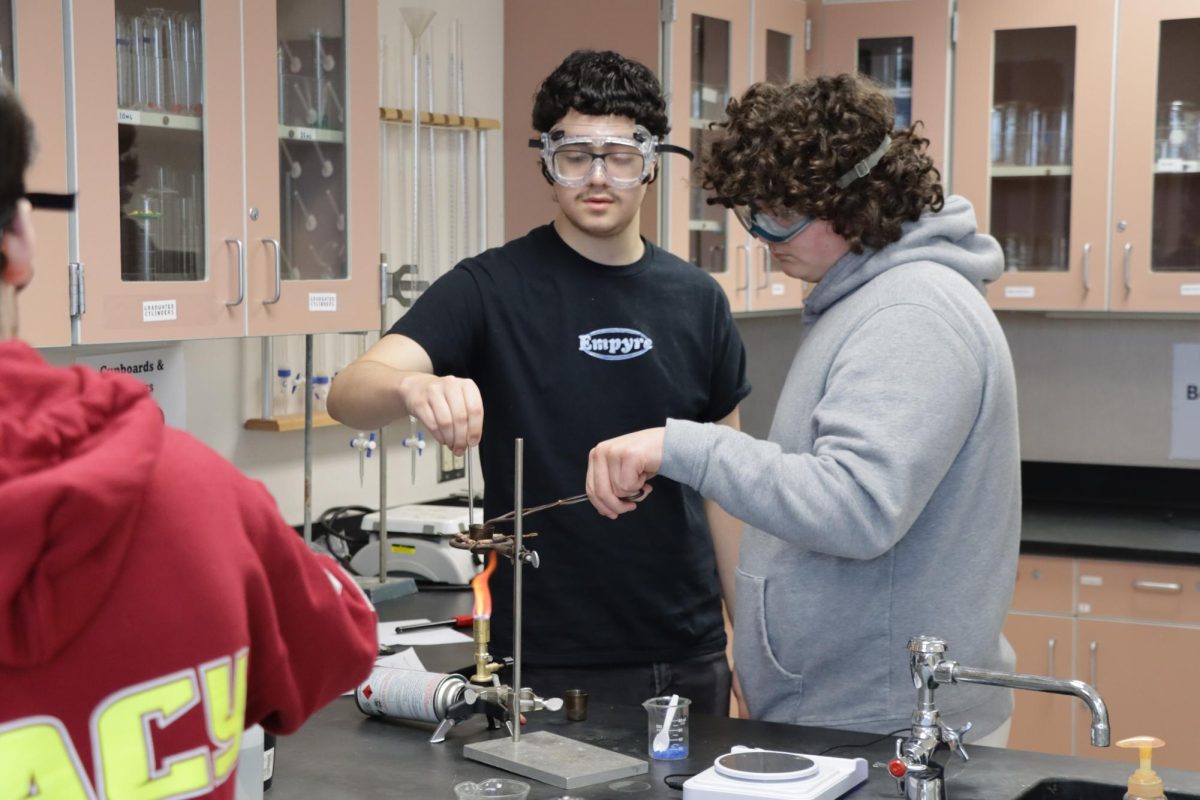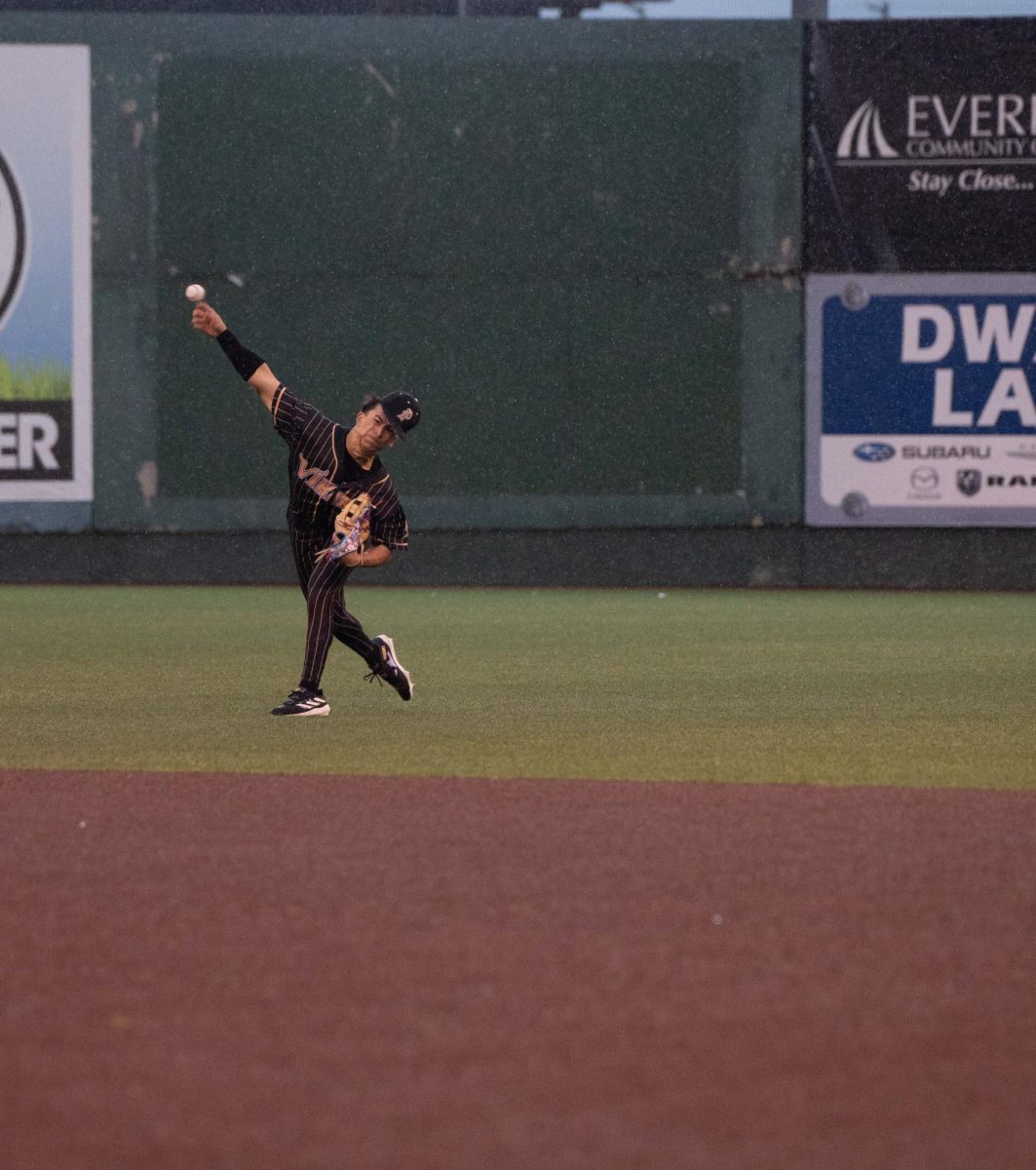Whether you are a wiz with numbers or can barely count to 100, mathematics is no walk in the park.
Countless hours spent at home reading textbooks, memorizing formulas, crunching numbers and banging your head against your scientific calculator, hoping the answer will come to you before you give up and look in the back of the book.
At some points it may seem as though the only option is to give up on the subject completely. Before you put down your protractor, make sure you have exercised every possible opportunity available to you. Pre-Calculus and Algebra Two teacher Rachal Peart explains a few effective alternatives.
“One option would be to form a study group with other students and meet on a regular basis. First and foremost stay caught up on work and go into the teacher immediately with questions,” Peart said. “Another option is to look for a good tutor.”
A tutor can vary from another peer to a professional such as former teacher Julie Giltner. Giltner tutors secondary math, ranging from Pre-Algebra to Pre-Calculus. She taught for eight years at Aylen Junior High and Ferrucci Junior High before the fall of 1994 when she began tutoring. She sees students who have a 4.0, as well as students just trying to get by.
Giltner agrees that the first step to being successful in mathematics is to first talk to your teacher, even though you may not get the individual attention you need.
“First line of defense is to see [your] teacher after school. Teachers will welcome you into their class for help whenever you need it but there is no guarantee that you are going to be the only kid in there. They could have [other] kids needing help,” Giltner said. “Tutoring can be a great choice just because it provides one-on-one help for the child. I have the text books and the teacher’s edition so I am able to hone in on what they are really struggling with.”
If tutoring does not work for you, you do not need to go beyond campus to find quality help. On Tuesdays and Thursdays, Peart hosts a large study group for all math students until 3 p.m.
“We call it ‘Math Club,’ which is just a time where you can have a study group,” Peart said. “It is not that I would sit there and watch you do an assignment. We have other students in Pre-Calculus that help each other and they can get feedback from one another. You can ask me questions if you need to.”
Junior and Pre-Calculus student Riley Kudabeck explains the origin of the after-school study session.
“I really love Peart and I knew she stayed a little bit after school anyways, so I started to come in more frequently and work on homework,” Kudabeck said. “We gave it the name ‘Math Club’ as a joke and then people really started to come. Before we knew it, people from other classes who had never even had Peart started coming in for help.”
Kudabeck makes it clear that “Math Club” has greatly improved her understanding of Pre-Calculus.
“‘Math Club’ has definitely helped. Now we are able to come in directly after school while it is still fresh in our mind and get our homework done and actually remember what we learned,” Riley said. “It is also nice because if Pre-Calculus has a test, we are able to meet up to do the review together so we can clarify any questions we have beforehand.”
If you would rather practice on your own instead of in a large group, Giltner has multiple recommendations.
“Do any reviews the teacher hands out and if you need the extra practice, make your own review out of the odd problems in the text book. Then you can check your answers after you have done the problem,” Giltner said. “I also frequently refer students to www.khanacademy.com. They have great tutorials there and it has been very helpful in the past.”
Above all else, Gilter says to make sure to take the time to learn the material you have been given.
“The more you know of the math, the greater your chance of being successful on the test. Even kids with test anxiety, the more you know going into the situation the better you will perform,” Giltner said.



